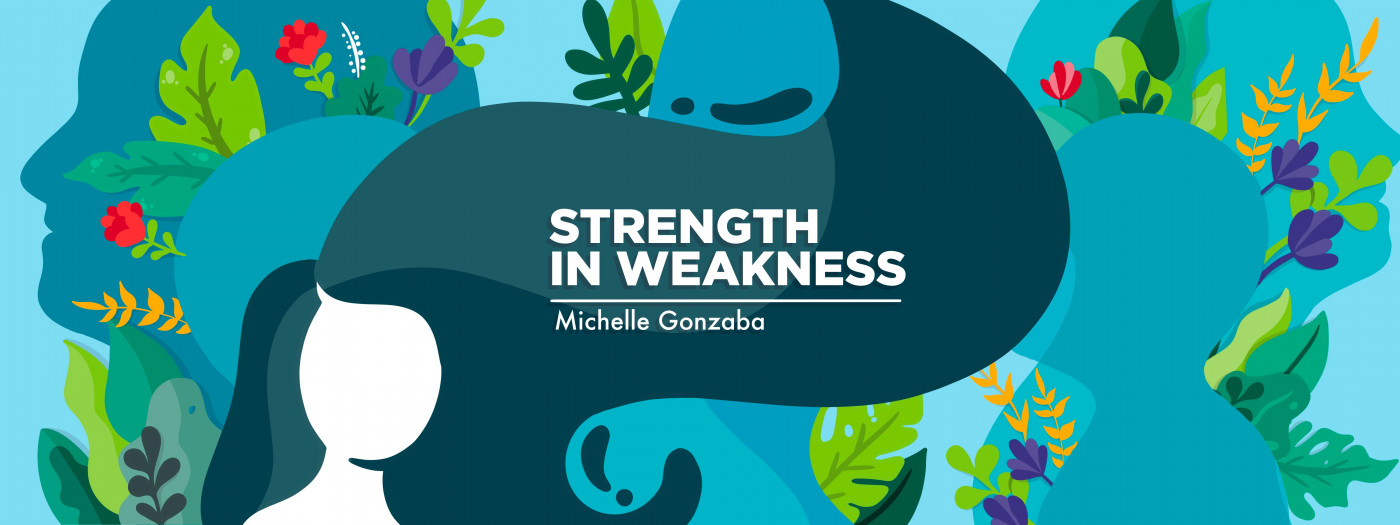Captain America Made Me Rethink How to Show Empathy
Written by |

It’s easy to get wrapped up in one’s own life. We can try to show empathy and understanding, and to see things through another person’s eyes, but sometimes it’s difficult. We all think we are the main character in every situation, even though we clearly aren’t. Sometimes we need to step aside and let someone else have the stoplight.
I’ve written about how having myasthenia gravis (MG) has affected my ability to empathize. After going through a traumatic ICU stay and experiencing the anxiety of having a rare disease, I have trouble feeling badly about someone else’s circumstances. Instead of feeling the pull to help and comfort, other people’s trivial problems almost make me roll my eyes.
But I’ve been rethinking my ability to show empathy and to understand someone else’s perspective, and maybe I owe it to Captain America.
Last week, I watched an episode of the Marvel television series “What If…?“ which considered what would have happened if S.H.I.E.L.D. agent Peggy Carter had become a superhero instead of Steve Rogers. It made me think of my own “what if” scenario: What if someone close to me also had a rare disease?
Because of my MG, I’ve felt like the star of my own stressful movie. For many years, family decisions hinged on how well I was feeling, and even vacations were canceled because of flare-ups and treatments. I don’t like being the center of attention, but sometimes MG doesn’t give me a choice to be able to blend into the background.
But after seeing this show, I asked myself how I would treat someone who was only beginning their rare disease journey. I hope I would be supportive and show empathy, but I worry I wouldn’t. It might be hard to put myself in the shoes of someone who has been newly diagnosed, or difficult to remember the fear and the hopelessness I felt when i was diagnosed, because I’ve had years to work through my emotions.
I might think someone newly experiencing all of the emotions I felt long ago was just being overly dramatic — like seeing someone wearing uncomfortable shoes for the first time after years of my having worn uncomfortable shoes and telling them to get over it. “It’s not that big of a deal! You’ll get used to it!”
Clearly, this wouldn’t the best way to help someone adjust to a new life with a rare disease.
Right now, this is a “what if” situation, but it could happen. People close to me might have health issues that rival my own and I would no longer be the main character I desperately never wanted to be. How can I put my own lack of empathy aside and help them?
It’s hard to put ourselves in another person’s shoes, even when we might badly want to help them. But I have the experience and knowledge that could be of help to someone as they work through the difficult beginnings of a rare disease. Everyone deserves someone to lean on when times get tough. If I can help them, I’d like to be that person for someone.
***
Myasthenia Gravis News is strictly a news and information website about the disease. It does not provide medical advice, diagnosis or treatment. This content is not intended to be a substitute for professional medical advice, diagnosis, or treatment. Always seek the advice of your physician or other qualified health provider with any questions you may have regarding a medical condition. Never disregard professional medical advice or delay in seeking it because of something you have read on this website.




Leave a comment
Fill in the required fields to post. Your email address will not be published.